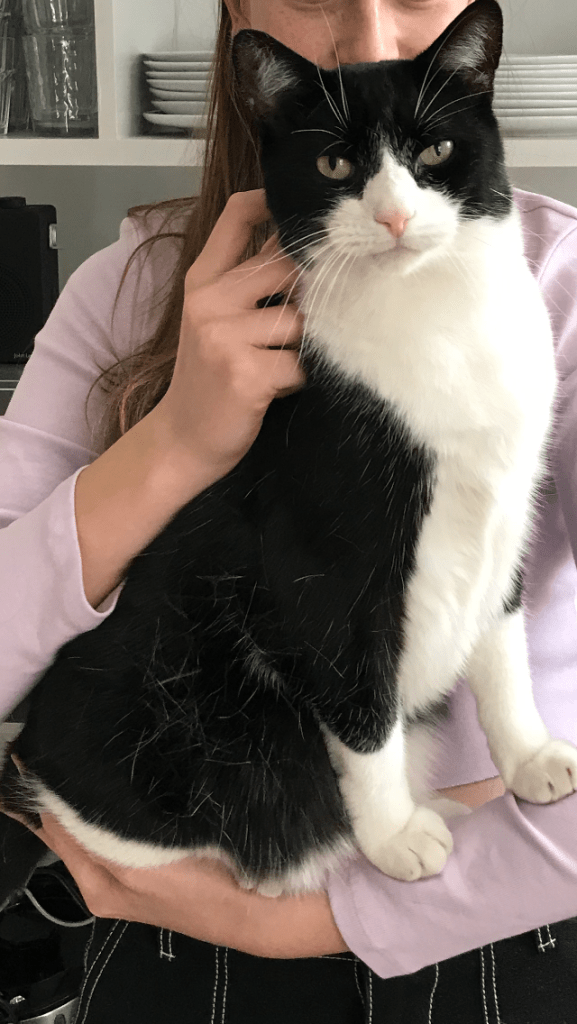It’s Earth Day today and I am relieved at last to see the United States taking a global leadership role once again in pushing urgent climate matters forward, setting new and ambitious targets for reducing carbon emissions. Let us hope all nations follow-through (and in fact go further than) the promises that have been outlined today.
The global coronavirus pandemic has, I think, caused many of us to reflect on the way we live our lives and to ask ‘How did we get here?’ What bits of the present world order have led to this desperate situation? I think our cavalier attitude to the environment is right up at the top there among the possible answers. Over this last year of curtailed movements many of us have got to know our local areas much better and I have become well-acquainted with many of the beautiful and interesting trees in my neighbourhood that I see on regular walks. It’s not that I didn’t know they were there before but I definitely paid less attention. Even the most pedestrian trees are quite spectacular when you get close to them. Here are a few in my locale:



I started to see trees and their importance in a different way after I read The Overstory, the 2018 Booker-shortlisted novel by Richard Powers. It is an extraordinary book that I still consider one of the best I have ever read. Another book I read more recently, Diane Cook’s The New Wilderness, was a rather more frightening foreshadowing of where we might end up if we, as the nations of the world, continue in the present direction of travel. Both books are sobering reads for World Earth Day.
Another thing that has made me very reflective this week, and, indeed, got me out and about in my neighbourhood, is that our lovely family cat Ziggy went missing seven days ago. We have had him almost eleven years and we think he is about twelve (he came from a cat rescue centre so we are not really sure), but he is the friendliest cat I have ever shared my space with and we all miss him terribly.

He never goes very far so we have hunted high and low for him in the neighbourhood. I have put up posters and leafleted all the houses in the vicinity of our house, but so far to no avail. I have had so many calls from different people wishing me luck in the search as well as possible sightings (all false alarms sadly, as a neighbour of ours has a very similar-looking cat). It is heartwarming to think that people take notice and want to help.
We continue to look and to hope.
It is that spirit and human kindness that has got us through a pandemic and will, I hope, get us through the challenges we face in the future.
Haven’t picked up a book at all this week – too distracted.
Happy reading everyone.



